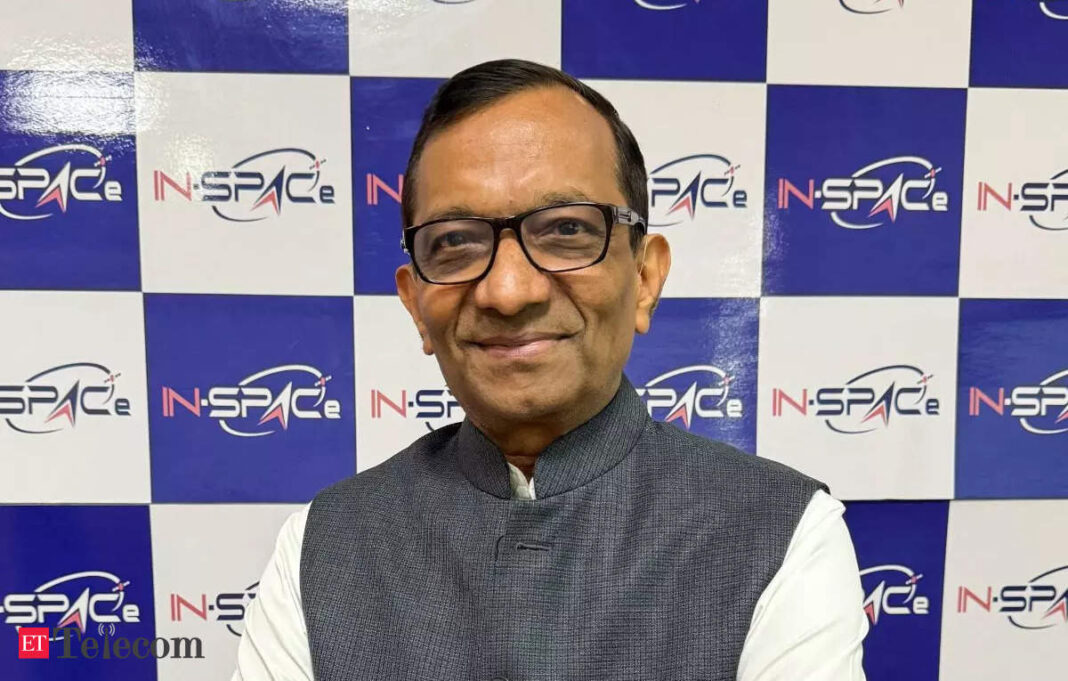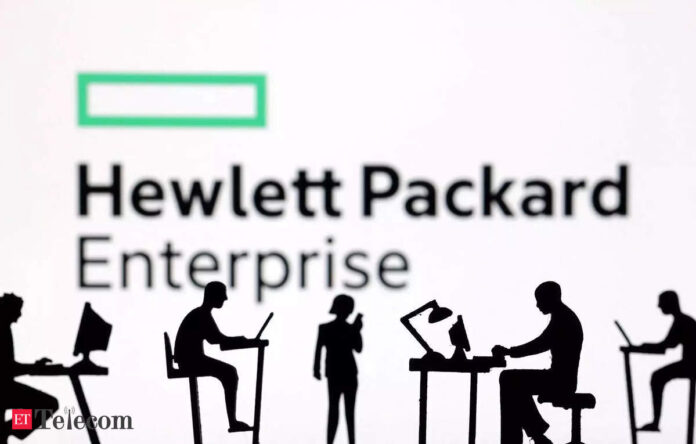In Short:
IN-SPACe in Kolkata is processing applications from Elon Musk’s Starlink and Amazon’s Project Kuiper for landing rights in India. They still need permits from DoT, but IN-SPACe approval is independent. Eutelsat OneWeb and Orbit Connect India have already received approval. Starlink and Kuiper still require GMPCS licenses and other clearances. Satellite systems could help connect rural areas lacking broadband. India’s space economy could reach $44 billion by 2033.
Indian Space Regulator Reviews Landing Rights Applications for Starlink and Project Kuiper
The Indian National Space Promotion & Authorisation Centre (IN-SPACe) is currently reviewing the applications of Elon Musk’s Starlink and Amazon-owned Project Kuiper seeking landing rights clearances for their satellite communication services, according to the regulator’s chairman, Pawan Goenka.
Processing Applications
Both companies are waiting for permits to offer satcom services in India, with their applications pending before the Department of Telecommunications (DoT). However, Goenka confirmed that the delay in obtaining necessary permits from DoT would not hinder the grant of landing rights by IN-SPACe.
“Starlink and Amazon Kuiper’s applications seeking IN-SPACe authorisation for provisioning of their constellation capacity (in India) are under process,” said Goenka. “The authorisation is an independent approval and does not hinge on Starlink and Amazon-Kuiper getting prior GMPCS licences and other approvals from the DoT.”
Key Approvals Required
The GMPCS licence from the DoT is essential for satcom companies like Starlink and Project Kuiper to launch broadband-from-space services in India. Additionally, these companies need spectrum allocation from the government.
Landing rights authorisation from IN-SPACe is mandatory for companies to deploy their global low-earth orbit satellite constellation capacities in India.
Competitive Landscape
Companies like Bharti Group-backed Eutelsat OneWeb and Orbit Connect India, a joint venture between Reliance Industries’ Jio Platforms and Luxembourg-based satcom company SES, have already received authorisation from IN-SPACe.
Amazon-backed Kuiper and Starlink aim to enter India’s satcom market, which has significant growth potential. However, they still need several statutory approvals, including landing rights authorisation, GMPCS licence, and market access clearance from DoT.
Future Prospects
Jio’s satcom JV and Eutelsat OneWeb could have an advantage in India’s satcom space, as the rollout of broadband from space services depends on the allocation of satellite spectrum by the government using the administrative route.
IN-SPACe projects India’s space economy to reach $44 billion by 2033, accounting for about 8% of the global share, up from approximately 2% currently.
Nearly 75% of rural India lacks fast broadband access, making satellite systems a viable alternative to connect the unconnected in remote areas.





